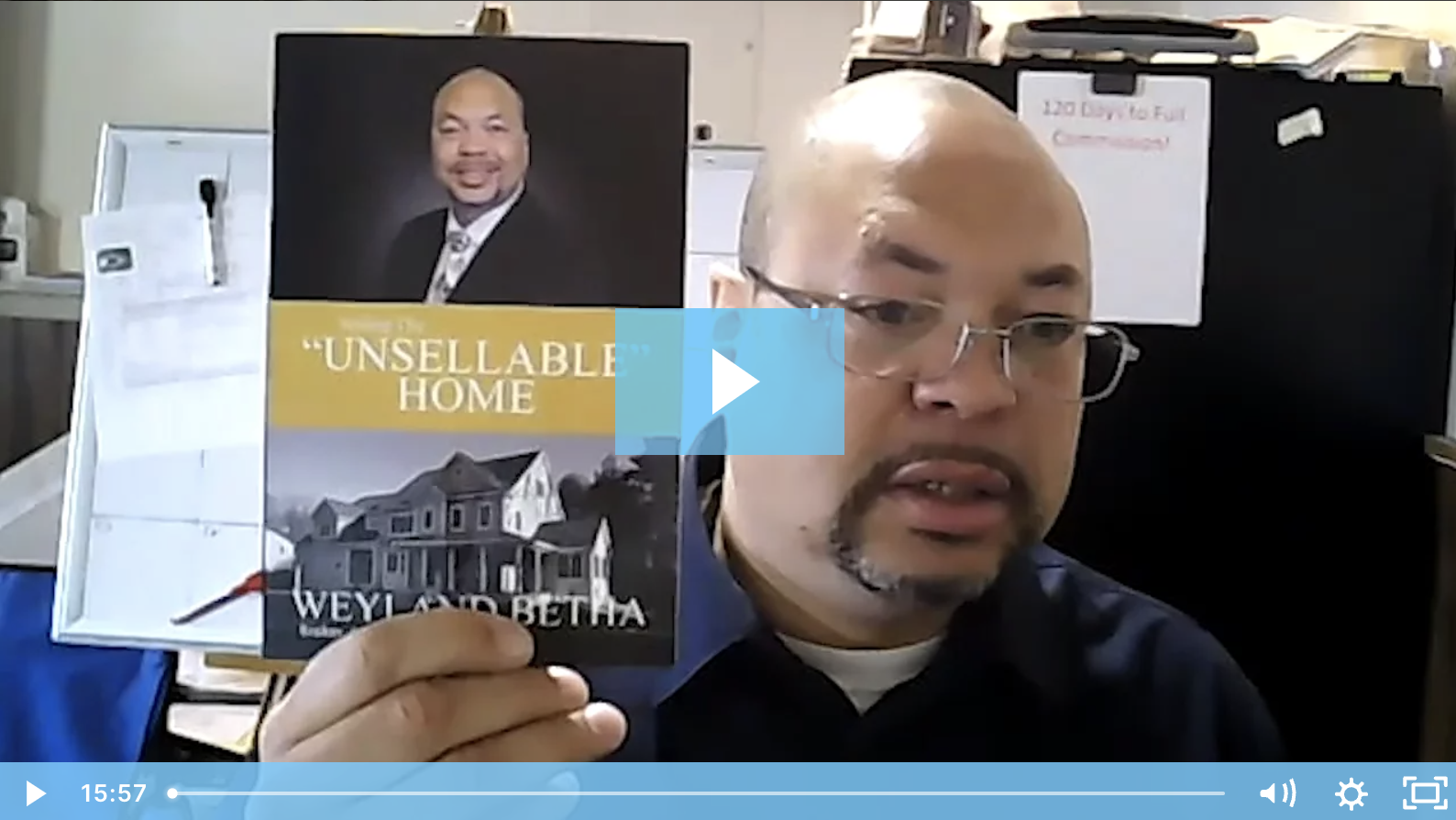
Ed Talks Landing And Working With Divorced Listings
Ed Hru has been in the real estate business for 50 years — he says he started “June 15th, 1970 at 1:00.”
In the time that he’s been an agent, the business has changed dramatically.
“I'm one of those proponents of ‘follow the cheese.’ And so we've changed over the years.”
While he didn’t initially plan to pursue divorce listings, Ed stumbled into the niche when an agent in his brokerage showed an interest in pursuing them. After they decided to partner on the venture, they came across the former Smart Agents MyBooks program, now offered through Authorify.
“So she and I got together and did it as a team, and so both of our pictures are on the book,” Ed says. “And the thing about the book is it just is an absolute easy opener. You can take the book and hand it to somebody and it's non-offensive, not anything bad. And now you have an opening to talk to people about what they need to be doing.”
Ed takes two different approaches to reach and establish a connection with divorcing homeowners.
1. He finds divorcing couples through the county clerk in his area.
“Everything is registered in our surrounding counties, and so we didn't sign up for anything special,” Ed says. “All we did is make contact with the county and took their information and went from there.”
“We went to the county and just said, is this automated? Can we pick it up by the internet? Can we do this? Can we do that? When we finally got all of our answers, we realized what work we did or didn't have to do personally and physically.”
After he secures his list of divorce leads from the county, Ed searches each person to determine whether they own property.
“You don't want to be sending the book to an apartment.”
2. He forms partnerships with local family law attorneys who handle divorces.
“The other thing we did — and this is probably equally important — a certain percentage of the books ended up in the hands of attorneys who handle divorces. And so that helped, as well.
But partnering with the attorneys took patience and persistence.
“Attorneys are attorneys, and they have their own thoughts on things and they just didn't want us interfering with their people,” Ed says. “And when they finally read the book, they realized that it wasn't a case of interference. We were just an adjunct to everything they were doing.”
While Ed was able to successfully connect with attorneys in his area, gaining their trust wasn’t immediate. He made an effort to continually reach out and follow up after he’d given out his books.
“When they saw that we were persistent, we were serious about taking care of all the people, then they started opening up to us.
“This is a touchy niche, so having that — showing that you do care — I think is really important in that. Everybody's emotions are at a high, and so every word you say, every action you take, has to satisfy both people. They're at odds usually with each other. Even when it's a friendly divorce, it's not friendly.”
When Ed and his partner were attempting to form relationships with attorneys, they always went in person to the attorneys’ offices to drop off their books.
“So they would see us physically — they would know who we were,” Ed says.
“We'd give them some background — our bios were there. So it was seeing them and then seeing them again and then emailing them and then seeing them again and it's very much like real estate — about the eighth time, maybe the 10th — they started breaking down and they say, ‘Well, what about this? Oh, I've got an odd one for ya that my normal realtors won't handle.’ And when that happened, we knew we were in.
Out of the 100 books they handed out, Ed was able to secure 10 initial divorce listings, plus secure both couples’ business when they were purchasing another property.
A Specialized Approach
Ed says it’s important to take a delicate approach with the divorcing couples and their attorney.
“You have to figure out what it is they really want to be hearing and as long as it's within the parameters of what you're supposed to be doing, you're fine and talking about it. … It was just our job to be helpful and get them the most money we could for the home.”
He says it’s a balancing act to keep both parties happy, especially if one person is more eager to sell the home than the other.
“Keeping them in the loop the entire time on both sides, and if you want to know another interesting one, it's when one of them wants to keep the home and you're working with them and now the one wants it to be showing very low and the other one wants it as high as possible. So it's all a balancing act.
“You have to be willing to sit there and listen to them and make some judgments from that — what is it that they're trying to accomplish?
“It's really like all real estate sales because you have the husband and the wife and of course, the wife wins. But in divorced situations, that's not always the case. And it's at a new level. It's not the same old, same old. You have to be really listening to what's being said, and you gotta be listening to what the attorney wants.”
Ed has worked with couples using the same attorney and also couples using two separate attorneys.
“So you have to be able to explain yourself, why are you doing or thinking what you're doing or thinking?”
Above all, Ed says, being transparent is key in the divorce niche.
“The biggest thing is trust. It just has to be that they both trust you to do what's best for the both of them.”
While many agents shy away from working in the divorce market, that’s exactly why Ed finds it so appealing.
“Not everybody does it. Everybody talks about doing REO, everybody talks about doing divorce work, talks about doing probate. Once you buy these books and you have an investment, you will be doing it.
“And that's a good part about getting the books. It kind of forces you into a situation where you say, ‘Oh my, you know, I can't let those sit in the box. I have to get them out. And once you get them out, there's other business to be had.
“If they sit in a box, they're not going to do a thing for you. Not a thing.”

